|
I'm a kid from LA. I had big dreams as a 9th grader to become a clinical psychologist, which happened through a healthy dose of counseling as a preteen and a teenager. I went on this journey to be a clinical psychologist, and along the way I realized, ‘I don’t want to be a clinical psychologist. What am I doing?’
What I found that I loved was looking at systems and how things move: the built environment, or systems of care in general, a hospital system or rehabilitation system, and how we could better support people's healthy behavior. Specifically, I focused on the intersection of people with physical disabilities, cognitive disabilities, and aging.
For the first time in the history of humanity, we have this whole new cohort of people who are surviving spinal cord injuries, strokes, and heart attacks with differences in physical and cognitive impairments. It is both a beautiful and a complicated thing.
That brought me to where I am now, which is, ‘How do I continue this work without the boundaries and constraints of academia? How do I immerse myself fully in supportive policy to make lasting change? How do I create change for the better in a way that is reactive and meets the moment and is not bound by grants, or research, or other kinds of mundane tasks that academia can often put on me?’
That's a really great question. I currently work for foundations that are supporting the policy work happening in California. They are committed to helping California create a 10-year master plan for aging. The foundations realized that they could only do so much, so they decided to band together and support consultants to help California prepare.
Our older adults are going to be outnumbering young adults. We know we don't have the policy and regulations for them, we know we don't have the workforce for them, we know now, with Covid-19, that we have nothing for them. How do we do that?
That is how I found the need to create my business, to pivot to going out on my own. What is unique about me is having a research and academic background that is not common in policy. I can talk to researchers, statisticians, and local governments that have this data and can be both a translator into the policy as well as ask for numbers when things don’t add up.
The most important thing for me is to just be honest about what I can provide, about my expertise, about whether this is a good fit, and just hope for the best.
Mostly, when it comes to choosing a consultant, it’s ‘Who do you want to spend time with?’ It's like picking a vice president. Who do you want in the Oval Office with you at the end of the day? Who do you want on the phone with you at 10 o'clock at night when your house is burning down? Who do you want riding shotgun with your team when you don't have time?
For a lot of folks, it really comes down to personality and how much you are listening to the needs of the project, of the organization, and trying to match that up. I will say that there's a lot of companies or opportunities that I know might not be a great fit for me, so I try to be really upfront with that.
How would you define success based on your experiences?
Part of the problem and opportunity of being a young person is how everything feels like it's a process. Success is a building block, and doesn't always come from checking off a box.
A lot of times success comes from failure, and then the opportunity to create a better, more sustainable system, or opportunity. It’s not only how do you define success, but how do you hold it up as success to your clients, that this skill is something that I am a master of.
What would you say are the three top skills that you think it takes to be a successful entrepreneur?
I think to be successful, one of the things that comes to mind on the business side is, ‘Are you checking all your boxes?’ Are you paying your bills? Do you have a license in the state that you need? Are you paying your taxes on time? I don't think people understand how important taxes, invoicing, and accounting for your time are. You need to be an expert in things that you never thought you needed to be an expert in to run a business, and I find that has been the biggest hurdle for me. That’s the down and dirty of the things you wish you knew.
With that comes number two, which is knowing when to outsource. I should never prepare my own taxes, ever. There's no world in which I am qualified for that. It's okay, I have lots of other skills, but that is not one of them. Thankfully, I work with a very skilled person who can do that.
Third, you need to be knowledgeable and distinguish yourself from others. You need to have a good reputation. You need to be able to rely on your clients, your colleagues, and your friends to be good references and to say nice things about you, to believe in what you're doing so that you can rely on them.
There is a huge digital divide in the nation. The internet is not just how we communicate, right? The internet is information. It's tele-health. It's how we order our groceries. It's how we order books, whether we're borrowing or buying or downloading to listen. It is how we stay connected with our family and friends. It's how we do these interviews. It is literally everything.
It is imperative that we invest in diverse communities and communities who are not generally connected to the Internet, to have the Internet if they want it. The big push now is to think of broadband as essential, just like heat and water. We need to continue to invest in that.
We need things to be fully accessible. We need people who have low vision and low hearing to be able to access the internet. We need to reach diverse communities, expand language capacity, and find and create solutions for those most vulnerable. There are so many ways we can create opportunities for communication, safety, and collective public health.
What have been some of your experiences as a woman in business?
It is very tricky to be the younger generation of policy and research coming into this field, and to be considered a “young female.” One of my close colleagues told me basically, right now, you are the shiny new thing, so take advantage of that. You are young, bright eyed, and bushy tailed. That is also what is going to hold you back. What ends up happening is somehow at 40 you are too old, and your experience still doesn't help. It’s constantly this issue of living in your youth, and also preparing for that to leave you.
Choosing clients has been really interesting, just as a female and the things that define us. I have two older parents who are in their early seventies, and they've got pre-existing health conditions, and I stay on the West Coast for them. I cannot tell you how many opportunities are presented to me on the East Coast that I have to say no to. I am basically being told that I'm ruining my career. So being the eldest child, wanting to be close to my parents, wanting to be a successful member of my family, and doing all of those things, are also ways that I'm ruining my career. It is very complicated, but I just keep moving.
Edited for clarity and length.
What’s more, firms owned by women of color account for 50 percent of all women-owned businesses. An estimated 6.4 million women of color-owned businesses employ nearly 2.4 million people and generate $422.5 billion in revenue.
With the continuation of COVID-19, women-owned businesses have been disproportionately hit, and a quarter of these businesses have had to close. There are real challenges facing women business owners, and as communication leaders, it is our responsibility to advocate, build, strengthen, and serve our community, while supporting them through times of transformation.
At Communication Leadership Consulting, a majority of our clients have been women-led non-profits, women-owned small businesses, and women communication leaders. In fact, out of 82 clients, we’ve served only 13 non-profits or small businesses with men at the helm.
It is with this in mind that we ask you to learn about and support these women-owned businesses who make a difference to our economy, but are being inordinately affected by the systemic discrimination, health, and economic crisis in our midst.
Join us as we feature interviews with women business owners, non-profit directors, and communication leaders who are working to overcome these challenges every day.
Click here for more information about our services.
Click here to volunteer for Communication Leadership Consulting.
Author
Musings on business, womanhood, consulting, and things I find interesting.
Archives
October 2022
May 2022
January 2021
October 2020
June 2020
May 2020
April 2020
March 2020
January 2020
December 2019
September 2019
August 2019
August 2018
July 2018
May 2018
April 2018
Categories
All
Art
Artists I Admire
Business Strategy
Cai Guo-Qiang
Climate Change
Color
Communication
Covid 19
Covid-19
Design
Design Thinking
Environment
Fire
Handmade Cards
Interviews
Joan Miro
John Baldessari
Leadership
Nonprofit
Pacific Northwest
Photography Show
Polaroid
Polaroid Land Camera
Push.Pull Photography Collective
Small Business
Square Framed Prints
Technology
User Experience
Women In Business
Women Owned
Women Who Lead
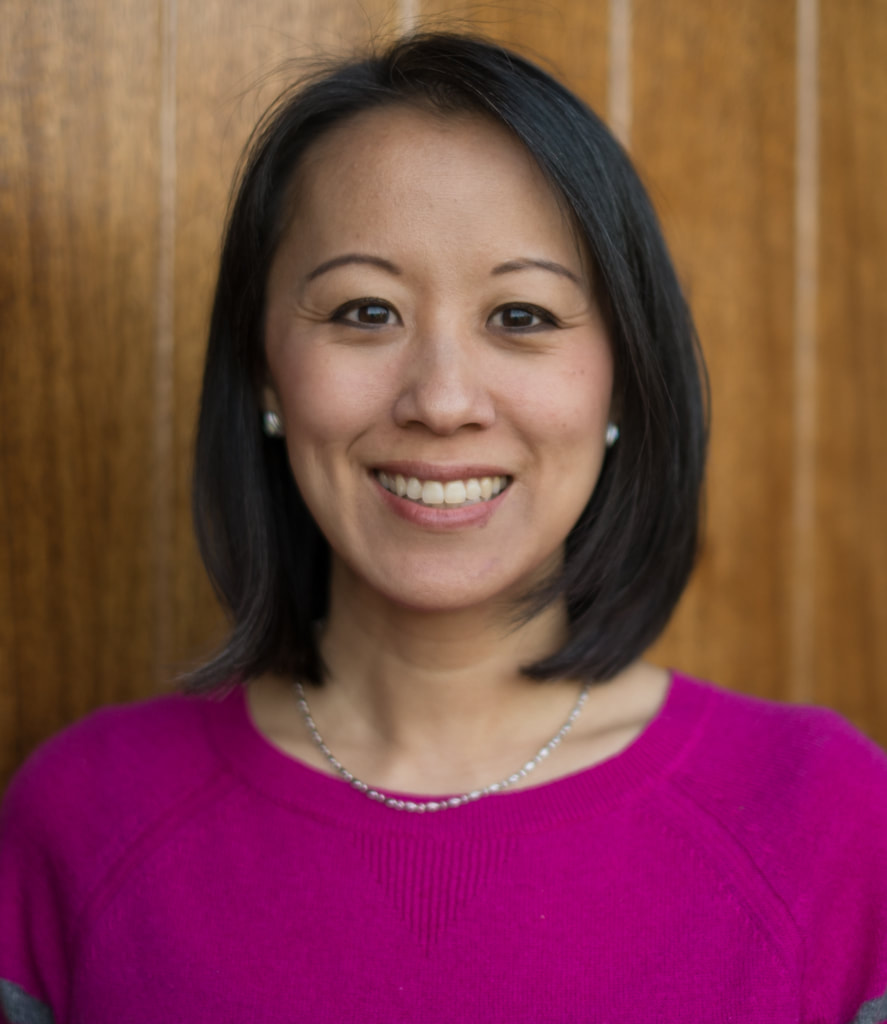
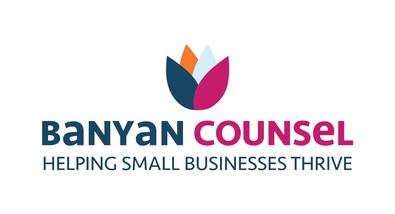
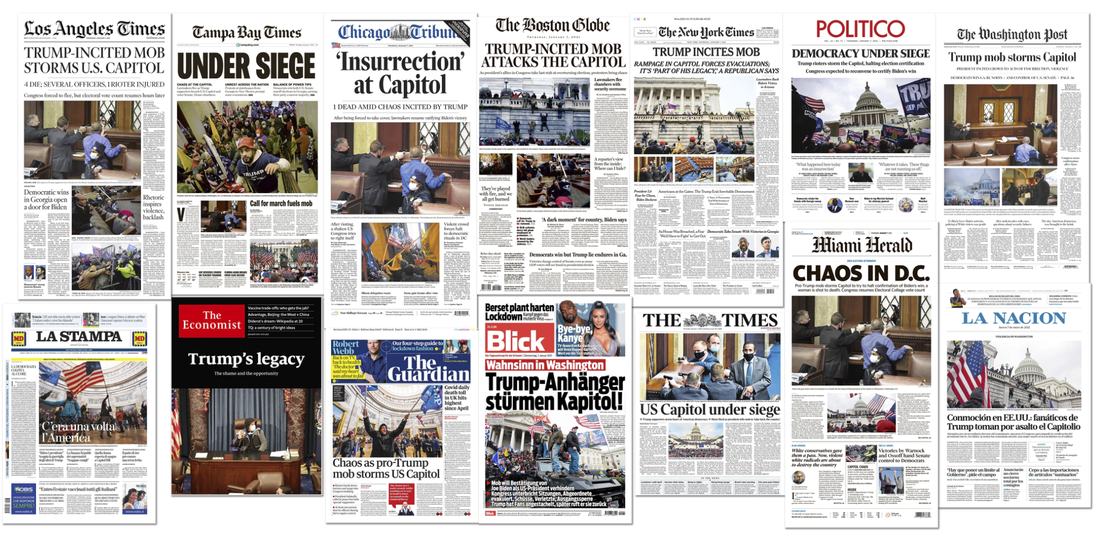
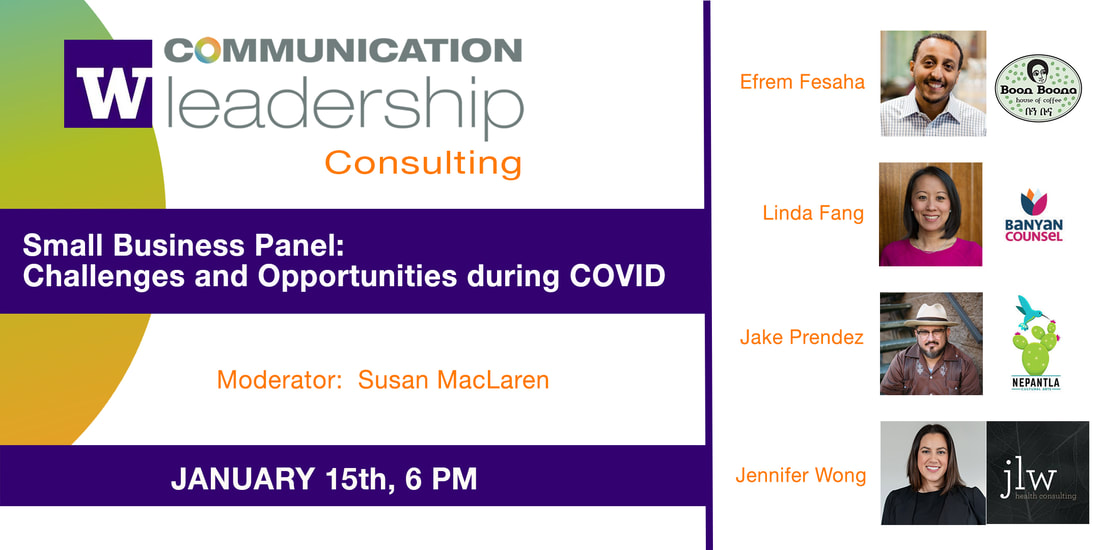
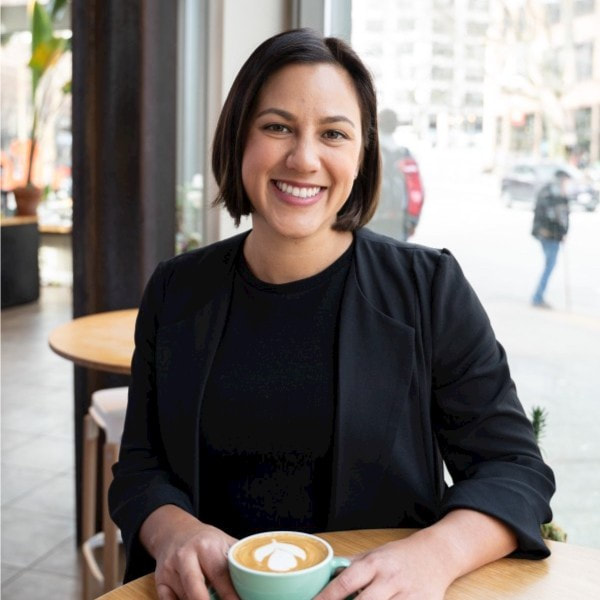
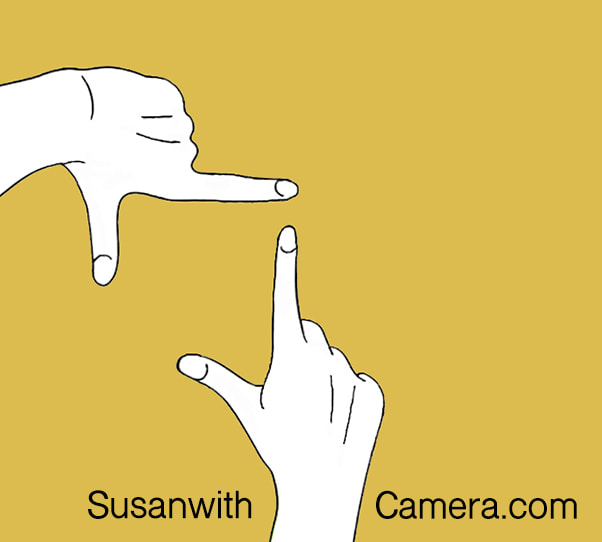
 RSS Feed
RSS Feed